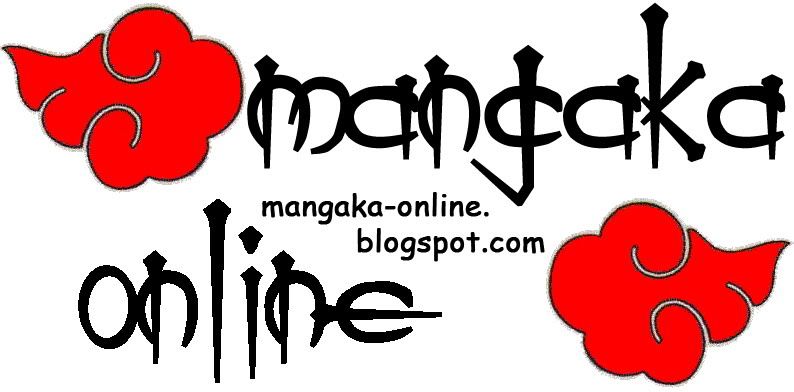Will Sony Throw the Fight?
At E3 we are about to see what, to console gaming, is the battle of the decade. I find it amazing because I was around in the 80s when gaming first took off and had anyone told me that Sony and Microsoft were going to be the two dominant gaming companies in 20 years I would have thought them on drugs. Back then Atari was predominant and unbeatable. In the 90’s Nintendo grew up and seemed unstoppable easily rolling over a number of upstarts headed by Sega what was a US industry was being fought over by Japanese vendors. Then Sony rose up and schooled Nintendo and, with the exception of hand held game systems, Nintendo started to follow the Atari game platform into the history books. Not to leave well enough alone Sony recently brought out their award winning PSP hand held game system and Nintendo’s last bastion began to crumble.
But, coming up behind Sony, was Microsoft as US Company which had shown an incredible ability to take on much larger companies and win by understanding how the game was played better then their competitors.

Growing much faster than either Sony or Nintendo and passing both in sales numbers (though Sony remains ahead in installed base) Microsoft’s Xbox, using off the shelf PC components and a better developer’s tool set became a real contender.
Xbox Strategy
Part of what made the Xbox special was its ability to look beyond gaming and apply the power of networking before the others could do so effectively. First embracing community, then voice the Xbox became a way to game differently and most felt playing against real people was vastly more entertaining then playing against a machine.
Expanding on this some games allowed the rudimentary ability to play against virtual people. In a racing game, for instance, you could play against a recording of someone not on line by racing against their virtual image. You could also race against your own virtual image learning from your mistakes to improve your overall score. While this has yet to translate into more complex game types it continues to point the way to in interesting future where players can play against each other asynchronously.
Microsoft envisioned a system that could also move beyond gaming by becoming a link back to their PC based Media Center Edition computer. By loading a disk and using a remote an Xbox with this accessory set could display pictures, video, play digital music, or time shift TV programs making it vastly more useful then just a game system. In fact, given that Media Extenders, which only did these things, were more expensive the Xbox was actually a better value. However, it was also kind of a kludge in that you constantly had to plug in components to transform the unit between functions, something consumers didn’t particularly find attractive.
Sony’s Stumble
Sony had the advantage going into this race. They had a massive lead, much like Nintendo and Atari did, they had a good product and they had an extensive game library. In addition many think Sony is the best Consumer Electronics Company in the world. What Sony isn’t is a company that plays well with others or even plays well with itself.
Early on it became clear that the Play Station was different. It didn’t look like other Sony products it didn’t work with other Sony products and while there was an opportunity to link it with its PC products the two Sony divisions clearly hated each other making such a link nearly impossible. Sony didn’t seem to have developer tools as a competence and didn’t partner well to create market leading tools making their games difficult, time consuming, and very expensive to create (something Microsoft leveraged heavily).
The PSP is a perfect example of what is an almost winner. It plays games incredibly well, and is clearly better then the Nintendo Game Boy, but had they emulated Apple with Music, pictures and Movies it could have schooled Apple as well and they clearly missed that opportunity. This leaves the door open for Microsoft, or some other vendor, to eventually take this market from them if they don’t fix this oversight quickly. They have a new CEO, but the head of the Play Station unit has been anything but tractable so, as amazing as it may seem, Sony is a long shot to holding even the hand held market as a result.
In short, Sony the company can stand against Microsoft, the Play Station unit, by itself, can’t. It is interesting to note that Sony seems to own the outcome and whether it is the curse of the gaming market, or just the curse of competing with Microsoft, for now the outcome seems preordained.
Playstation 3 vs. Xbox 360
It is too early to talk about the details of either product but to hold Sony will have to showcase a system that showcases the power of Sony. It will need to work with other Sony gear and dovetail in some clear way with their PSP hand held gaming system where Microsoft currently doesn’t challenge. We already know that Sony has not matched Microsoft with development tools but as long as the product remains in contention for the lead developers won’t really have any choice but develop for both, if Sony slips however the rules change and developers will abandon, at an ever increasing rate, the platform. Given that, like the iPod does for Apple, Playstation is carrying much of Sony, this may be a life or death fight for them.
This clearly is not a life or death fight for Microsoft. They will have to take it to the next level, embedding the features that were add-ons to the old Xbox and advancing them significantly. Design will be important; this device must look good in the living room and be forward looking so it continued to look current throughout its life, something the Playstation 2 did and the original Xbox didn’t. It should also leverage more standards so it could easily be extended over its life, something that was difficult to do with the original product due to its unique USB socket. Finally it needs to take the collaborative gaming experience to the next level because this was one of the Xbox key advantages and one they can’t give back to Sony.
Predicting the Winner
Unless Nintendo makes an unprecedented recovery they are out of the race but, of the three vendors, they have the most to lose and don’t want to become another Sega. Sometimes people do their best work when their back is against the wall so don’t count them out entirely. Still, this fight now appears to be between Sony and Microsoft. Microsoft has a history of focusing on the goal and rolling over any competitor in its way, Sony has a history of coming up with great products hamstrung by hard to use Sony proprietary technology and internal squabbles. It really isn’t that hard to pick the most likely winner.



















0 comments:
Post a Comment